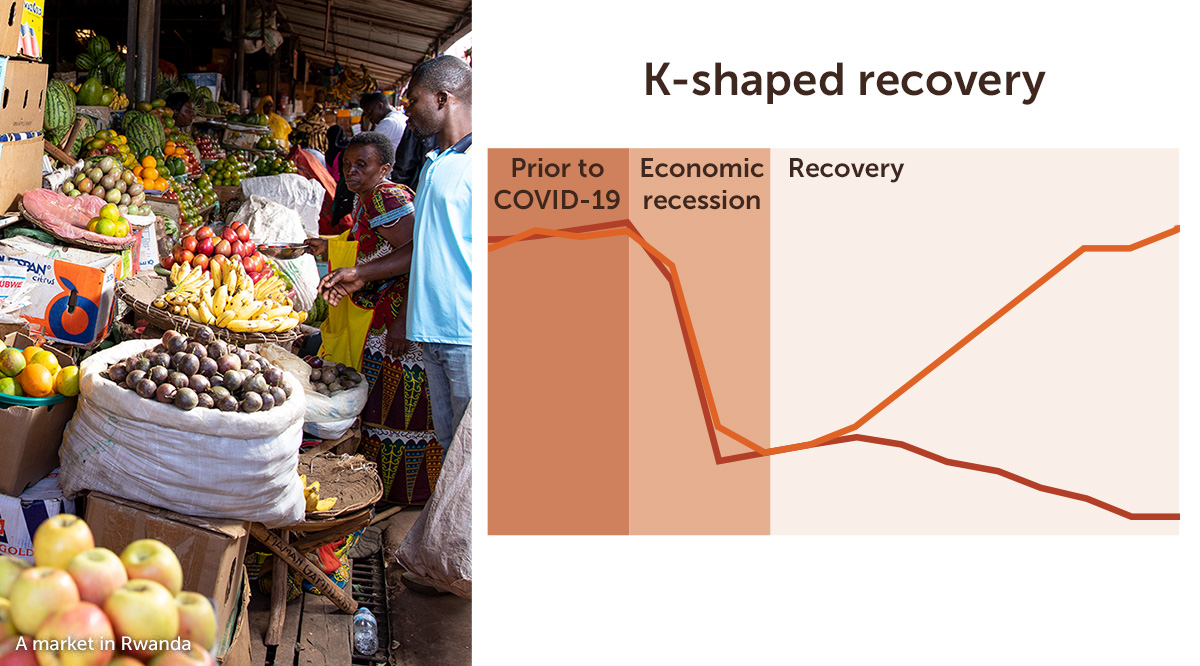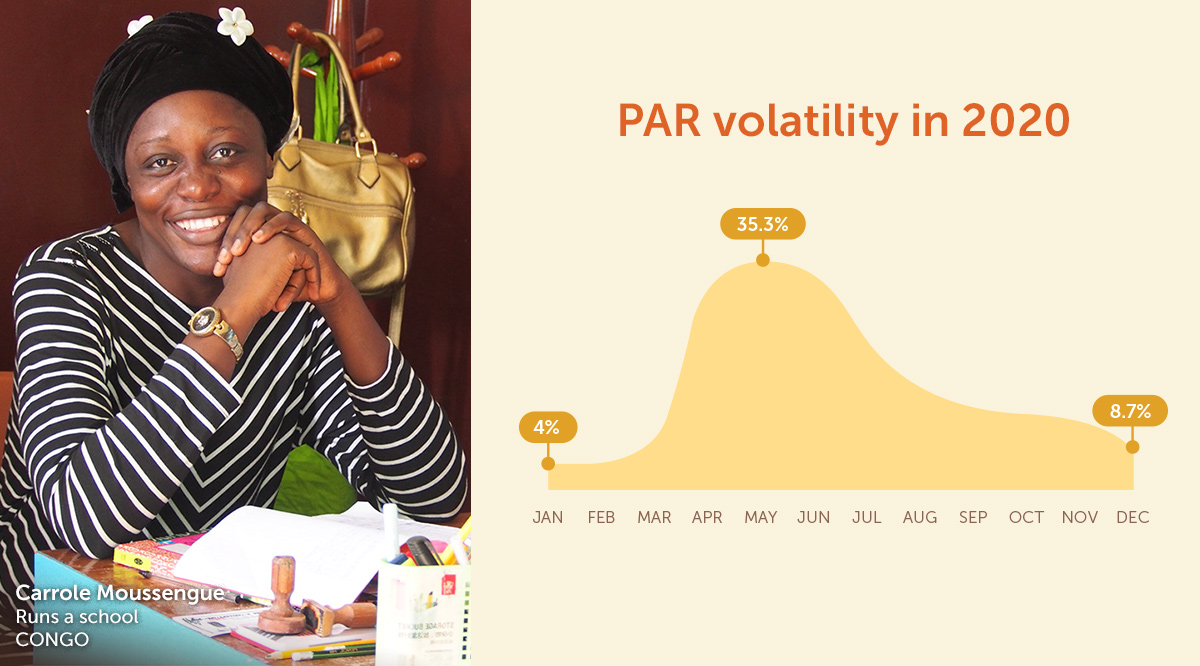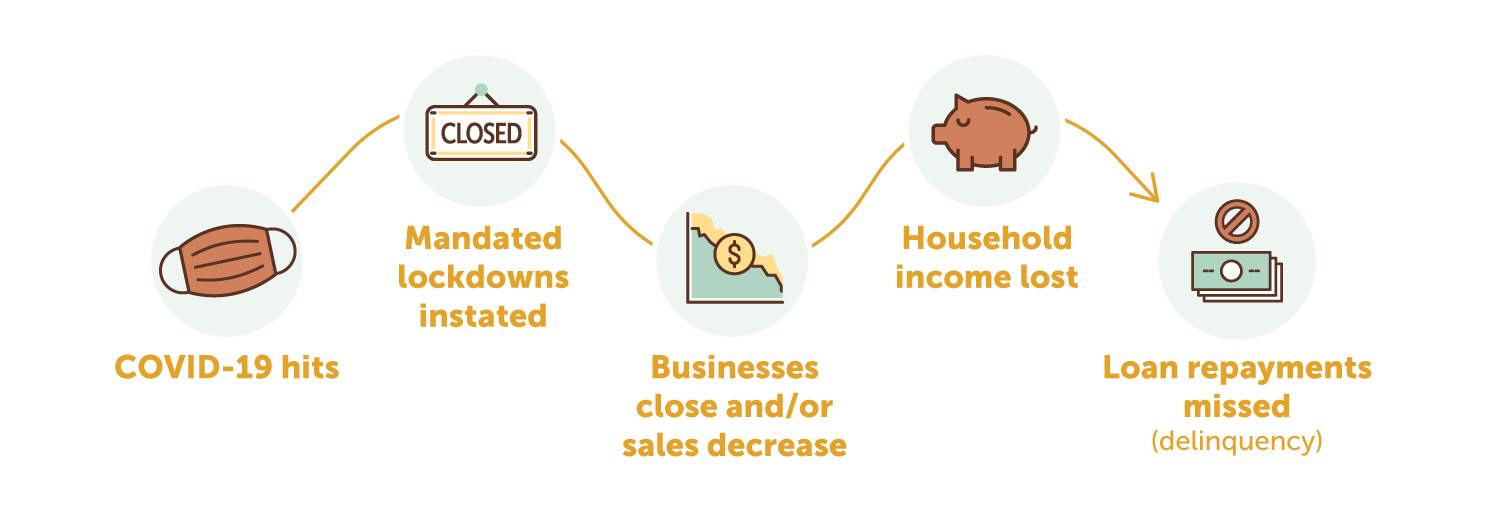“Your help is actually hurting us.”
This honest feedback from a Ukrainian pastor sparked the mission of HOPE International—and still guides us as we seek to support a country now in the middle of a devastating war. As we help today, how can the lessons we learned 25 years ago inform us?
Helping in Ukraine without hurting—then and now
During the economic crisis following Ukraine’s independence from the Soviet Union, immediate relief aid helped many. But as this short-term solution persisted, it began to undermine Ukrainians’ ability to stand on their own and build their economy. (Learn more about HOPE’s origin story here.) Continue Reading…






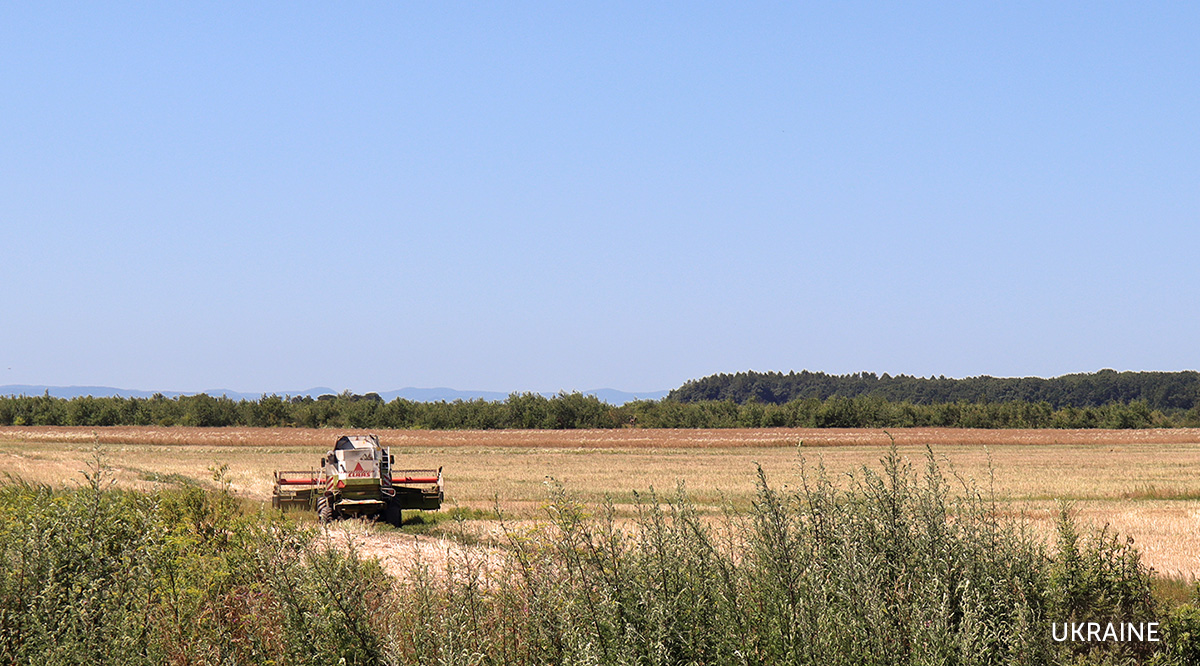


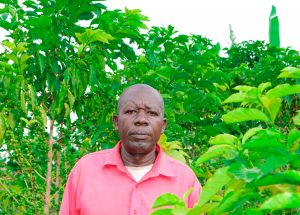 Simon Rurihafi (pictured right) is a coffee farmer who owns 350 trees—but he almost gave up on farming them.
Simon Rurihafi (pictured right) is a coffee farmer who owns 350 trees—but he almost gave up on farming them.
